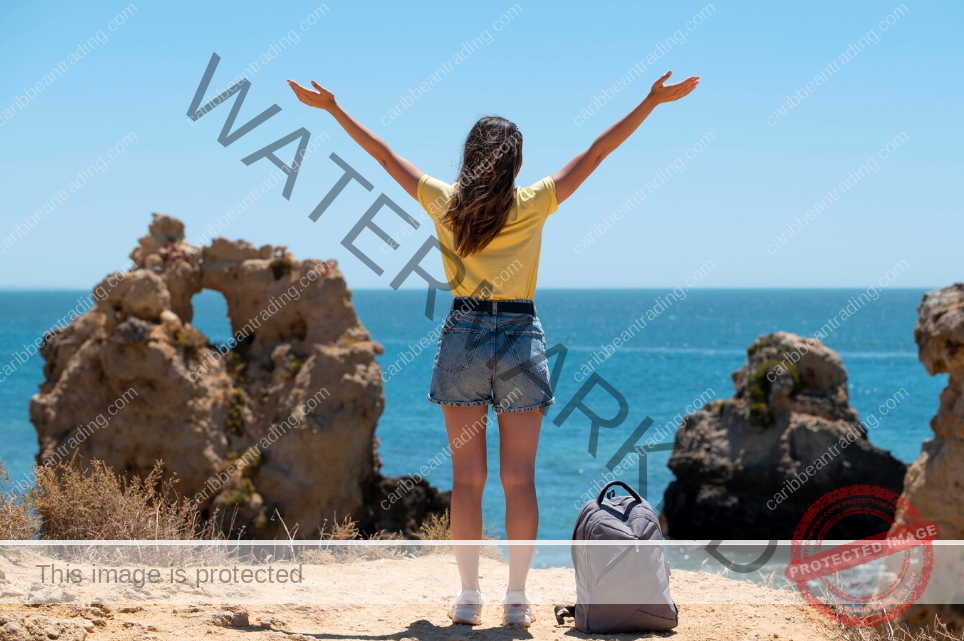Entertainment in the Caribbean
How to Prepare Students for Safe and Responsible Travel Abroad
Preparing students for safe and responsible adventure travel abroad is crucial to their educational journey. Beyond the enriching academic experiences, international travel allows students to broaden their horizons, embrace diverse cultures, and develop a global perspective.
However, to maximize the benefits of such experiences, it is essential to prioritize their safety, well-being, and cultural understanding.
Is the Caribbean Safe for Tourism?
Tourism safety in the Caribbean can vary widely depending on the destination and prevailing circumstances.
While many Caribbean countries and territories boast stunning landscapes, vibrant cultures, and warm hospitality, some areas may face challenges related to crime, natural disasters, or health concerns.
Popular tourist destinations like Puerto Rico, the Bahamas, Jamaica, and the Dominican Republic have established tourism infrastructure and safety measures, making them generally safe for visitors. However, travelers should exercise caution and stay informed.
Natural disasters, such as hurricanes, can also impact tourism safety in the Caribbean. The region is prone to tropical storms during the Atlantic hurricane season, which runs from June to November. Travelers are advised to monitor weather forecasts and follow safety guidelines.
Tips for a Safer Trip
It’s crucial to prioritize safety along the way. These valuable insights and practical advice to ensure your students’ travels are enjoyable and secure will be convenient.
From pre-departure preparations to on-the-road precautions, this guide covers essential tips to help you navigate the Caribbean region confidently and safely. Whether you’re a seasoned traveler or heading out on your first adventure, all of them are a must-know:
Conduct Pre-Departure Orientation
Organizing pre-departure orientation sessions to educate students about the destination country’s culture, customs, laws, and safety guidelines is vital for preparation.
Provide information on local etiquette, packing tips and hacks, traditions, and potential cultural differences. You can also provide details about the best ways for students to ensure their academic performance stays on track while traveling.
It is also necessary to advise them on the best history, science and law essay writing service to get notes about what they will learn. Also, encourage students to research and familiarize themselves with the destination’s history and current events.
Address Health and Safety Concerns
Educate students about health and safety precautions specific to the destination, including vaccinations, health insurance, and any required medications.
Provide information on common health issues in the region and how to prevent them. Emphasize the importance of travel insurance that covers medical emergencies, trip cancellations, and personal belongings.
Teach Responsible Travel Ethics
Responsible travel practices include respecting local customs and traditions, conserving natural resources, and minimizing environmental impact.
Encourage students to support local businesses, artisans, and sustainable tourism initiatives. Teach them about the importance of cultural sensitivity and how to interact respectfully with people from different backgrounds.
Enhance Communication Skills
Help students develop practical communication skills, including basic phrases in the local language.
Guiding how to ask for help, directions, and assistance in emergencies can make a difference. Also, teach them how to use local transportation systems and navigate their way around the destination safely.
Promote Situational Awareness
Safe traveling for students is highly important. Teach students about situational awareness, emphasizing the importance of staying alert and aware of their surroundings.
Discuss potential risks and scams that travelers might encounter and provide practical tips on how to avoid them. Encourage them to trust their instincts and seek help if they feel unsafe.
Establish Emergency Protocols
Clearly outline emergency protocols, including whom to contact in case of emergencies, local emergency numbers, and the location of the nearest embassy or consulate.
Provide students with essential contacts, including local authorities, the institution’s representatives, and reliable local resources.
Encourage Group Travel and Buddy Systems
Traveling in groups or pairs provides a layer of security by significantly reducing the vulnerability of individuals. There is truth in the adage “safety in numbers.” Encourage students to travel in groups or pairs, especially during leisure activities.
Emphasize the importance of the buddy system, where students look out for one another and stay together in unfamiliar environments. Discourage solo travel, particularly during nighttime or in poorly lit areas.
Discuss Responsible Alcohol and Substance Use
Addressing responsible alcohol and substance use is a crucial component of preparing students for safe and responsible travel abroad.
Educators and institutions must ensure that students understand the legal and cultural implications of alcohol and substance consumption in the destination country.
Prepare for Cultural and Religious Sensitivity
Educate students about the destination’s cultural and religious practices. Guide appropriate attire, greetings, and behaviors when visiting religious sites or participating in local customs and ceremonies.
Emphasize the importance of being respectful and open-minded. Begin by providing an overview of the cultural and religious diversity prevalent in the destination country. Discuss the major religions, traditions, customs, and festivals observed in the region.
Provide Access to Support Services
Ensure students can access local support services, including medical facilities, counseling services, and helplines. Provide students with a comprehensive list of local support services, including medical facilities, counseling centers, emergency hotlines, and local helplines.
Ensure this information is easily accessible and prominently displayed in orientation materials, student handbooks, and online platforms.
Conclusion
Preparing students for safe and responsible travel abroad is an investment in their personal and academic development. By equipping them with the knowledge, skills, and cultural understanding necessary for international experiences, educators and institutions empower students to navigate the complexities of the globalized world.
Through these experiences, students gain academic knowledge and cultivate empathy, open-mindedness, and a deep appreciation for the diverse tapestry of humanity.






